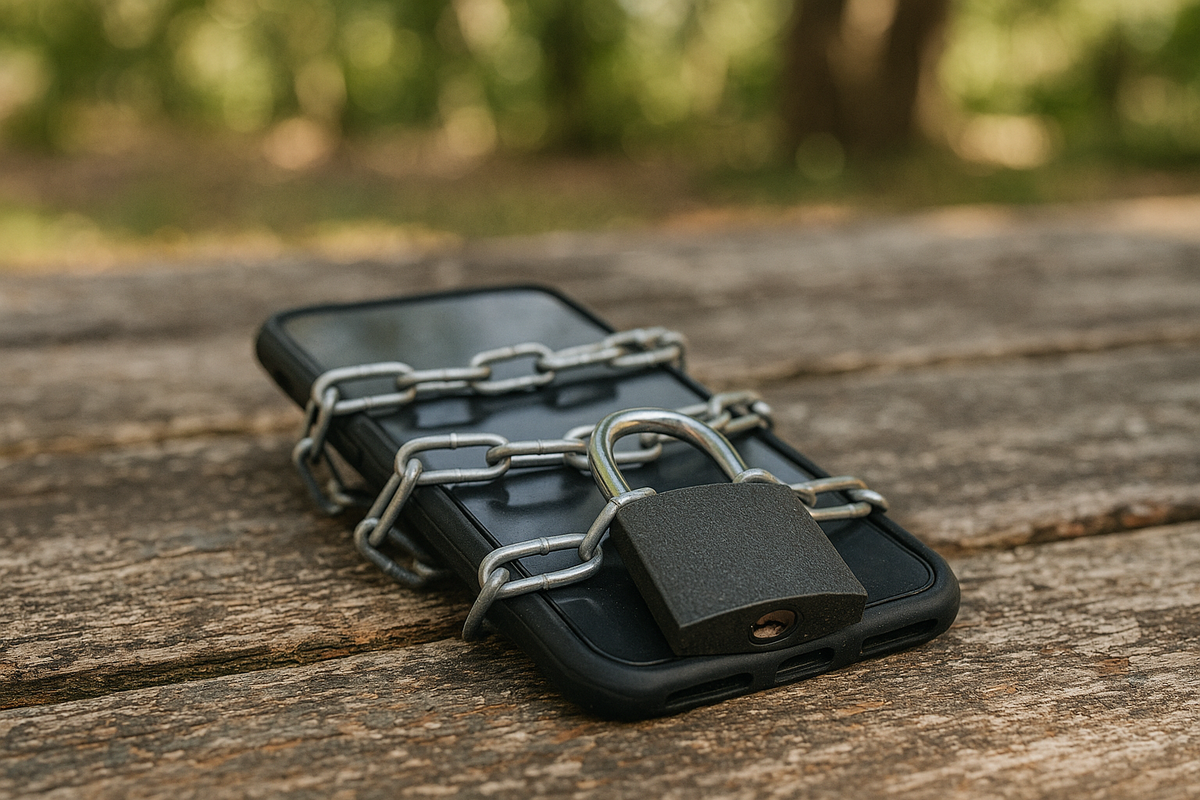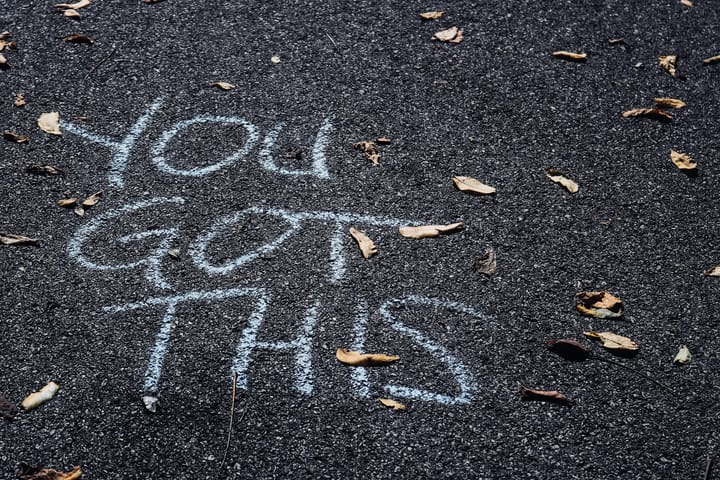The case for digital decluttering
Consciously clearing out digital noise, unused apps, and non-essential notifications creates critical mental space for calmer, more focused thinking and contributes to smoother, less interrupted days.

🔴 Have you read these articles yet?
👉 Crypto cashback? How to earn while you spend using digital coins
👉 Beginners keep falling for crypto traps but here’s how to dodge it
In the contemporary world, our digital spaces - the laptops, tablets, and phones we carry - have become as crowded and chaotic as any physical attic or garage. Digital clutter, comprising an accumulation of unread messages, duplicate photos, incessant notifications, obsolete files, and unused applications, creates a pervasive, background layer of mental noise that significantly erodes focus, diminishes attention span, and contributes to ambient stress.
Digital decluttering, therefore, is not a luxury but a necessary maintenance process to restore a vital sense of order, efficiency, and calm to one's intellectual landscape.
The process of digital housekeeping should begin with the fundamentals of file management. This involves ruthlessly clearing out old, irrelevant, or duplicated files and photos, and establishing a simple, logical system for reorganising folders. The sheer volume of unmanaged emails is often the largest source of digital anxiety; sorting emails into three or four simple, actionable categories (e.g., 'To Do', 'Archive', 'Waiting') reduces the feeling of being perpetually overwhelmed by the inbox. Perhaps the most impactful action is strategically managing notifications. Turning off all non-essential and unnecessary notifications - those from games, social media, or minor updates - restores the power to concentrate without the brain being constantly interrupted and pulled away by external demands. This allows for sustained periods of deep work and genuine focus.
Beyond organisation, digital decluttering extends to the quality of one's online environment, particularly social media consumption.
This involves a crucial, conscious audit of the accounts and information streams one follows. The decision to unfollow accounts that habitually drain one’s energy, trigger negative comparisons, or provoke unnecessary outrage is an act of self-care. The goal is to curate an online space comprised solely of sources that inform, inspire, entertain genuinely, or provide useful connections. A healthy digital space should actively support one's wellbeing and goals, rather than constantly disrupting peace and clarity.
A key benefit of digital decluttering is its powerful ability to help the individual reconnect with the present moment. When the compulsion to constantly check devices, scroll through feeds, or respond to notifications is reduced, a significant mental and temporal bandwidth is freed up. This newfound attention can then be redirected to the real, immediate environment. A simple walk in the park, a face-to-face conversation with a loved one, or even a quiet moment sitting and observing can become immeasurably richer and more rewarding when it is experienced without the underlying anxiety of potential digital interruption. By reducing digital noise, the world beyond the screen becomes louder, more detailed, and more engaging.

The profound beauty and compelling presence of Southern Africa’s natural settings - its vast skies, ancient mountains, and vibrant biomes - often serve to powerfully highlight how deeply refreshing and psychologically restorative it feels to step completely away from screens and constant connectivity. The quietude and scale of nature put the importance of digital anxieties into immediate, helpful perspective. Bringing this same sense of balance and detachment into everyday urban life - by designating screen-free zones or times - helps one to feel mentally lighter, less burdened by external demands, and crucially, more in control of one’s own time, attention, and cognitive resources. A decluttered, well-managed digital space thus creates the necessary room for calm, fosters clarity of thought, and allows for genuine, undistracted human connection.





Comments ()